
Read or listen offline
Amazon KindleRecommendation
The debate over the US federal budget is polarized. Republicans and Democrats want to cut the deficit and national debt – but agree on little else. The Hamilton Project brought experts together to examine the root causes of the deficit. Drawing on existing research and recommendations, they offer ideas based more on facts than on ideology. Their suggestions highlight a range of issues, including misplaced incentives and moral hazards that encourage excessive expenditure and imprudent behavior. The proposals are not easy reading – the terminology is often technical, and some of the ideas are more controversial than they might seem at first blush – yet the insights are fresh. getAbstract recommends this compilation to policy makers, economists, and students of finance and economic development.
Summary
About the Authors
Michael Greenstone and Adam Looney are senior fellows at the Brookings Institute’s Hamilton Project, a nonprofit public policy organization, where Karen Li is a policy coordinator and Max Harris and Jeremy Patashnik are research assistants.








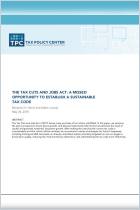

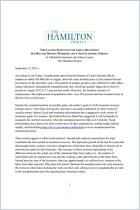

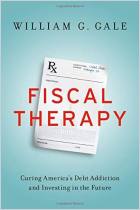
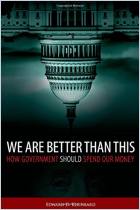
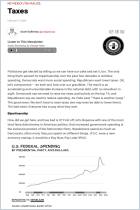

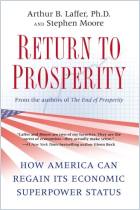
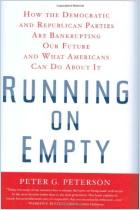


Comment on this summary or Iniciar a Discussão